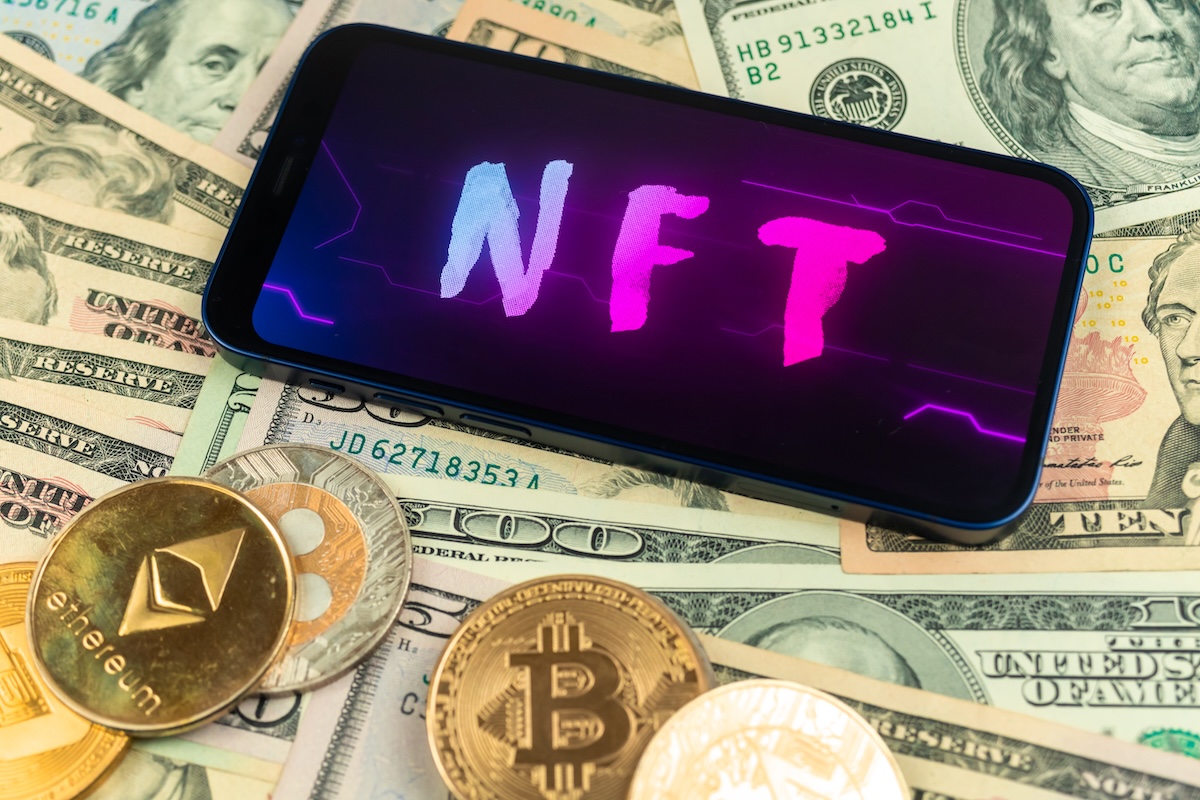A major moment in NFT history is underway as the trial between luxury brand Hermès and Mason Rothschild begins.
All eyes are on the big trial as digital artist Mason Rothschild is defending his right to promote and sell his MetaBirkin NFT collection.
The French luxury brand is accusing Rothschild of trademark infringement in the NFT collection. In essence, the collection uses Hermès' Birkin name and depicts the Birkin handbags re-imagined by Rothschild.
https://twitter.com/business/status/1620506936637521920According to Hermès, the collection used the Birkin trademark improperly. Moreover, Hermès believes that the digital art by Rothschild confuses customers into believing that the luxury brand is somehow affiliated.
On the other hand, Rothschild says that his work is protected by the First Amendment, which guarantees freedom of expression.
https://twitter.com/MasonRothschild/status/1618634492239032320A defining moment for NFTs
The Hermès International v. Rothschild case may have far reaching implications. Hermès is investing in the metaverse and feels like its Birkin brand has been used improperly by the digital artist. As the trial unfolds, the question of how trademark laws in the real world impact the digital world will become more clear.
For example, if Rothschild wins the trial against Hermès, it will open up a world of free expression in the digital space. Conversely, if the MetaBirkin NFT collection loses this battle, the world of digital art will need to proceed more cautiously.
The MetaBirkin NFTs in question show Birkin handbags coated in colorful fur.
 Metabirkins NFT
Metabirkins NFTKey testimony excluded
As the trial continues, art critic Blake Gopnik will not be able to testify in favor of Rothschild. Gopnik is the author of ‘Warhol’, a 2020 biography of Andy Warhol.
Indeed, Mason Rothschild hopes to compare his digital art to the famous work of Andy Warhol, who produced silk-screen prints of Campbell’s soup cans.
However, the expert witness supporting Rothschild’s case will not be making a testimony, upon the judge's orders.
Rights in the digital space
Finally, it looks like intellectual property lawyers are watching the Hermès v. Rothschild case closely. Laura Lamansky, an associate with law firm Michael Best & Friedrich LLP said of the case: “It will hopefully shed some light on how artwork and the First Amendment interact with consumer goods and NFTs and how far a brand’s rights in its trademarks or products extend in the digital space.”






